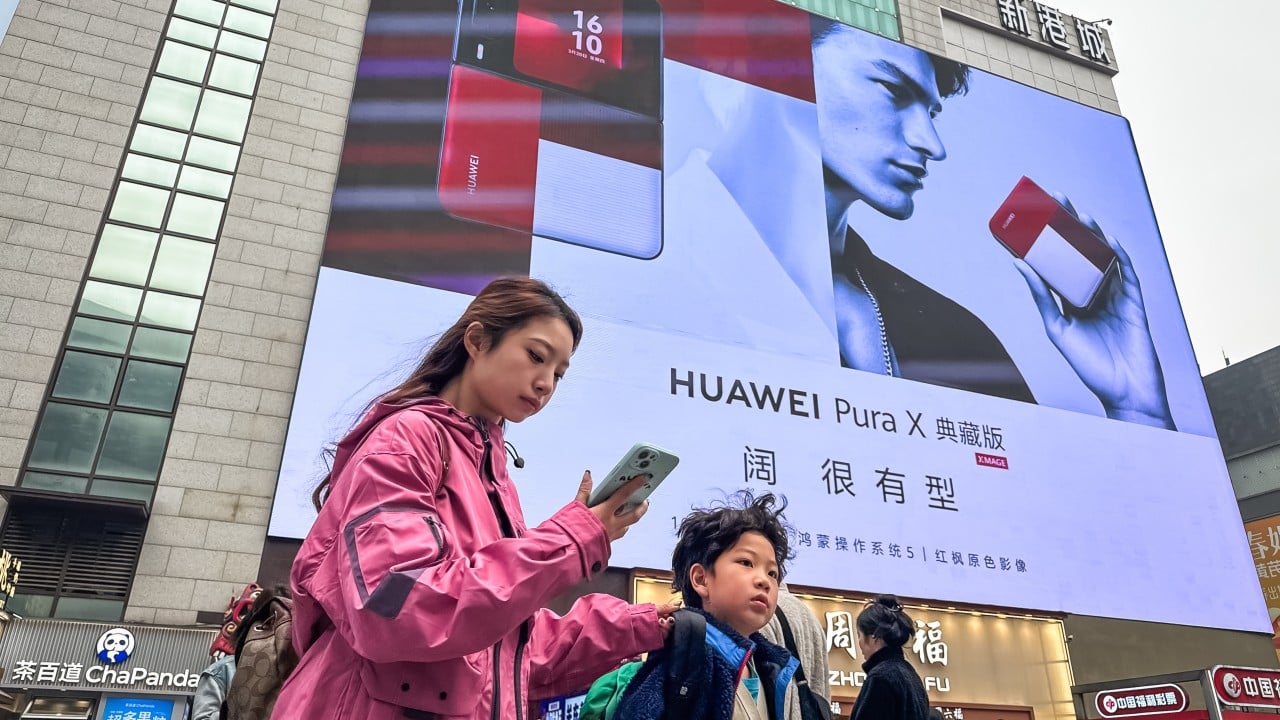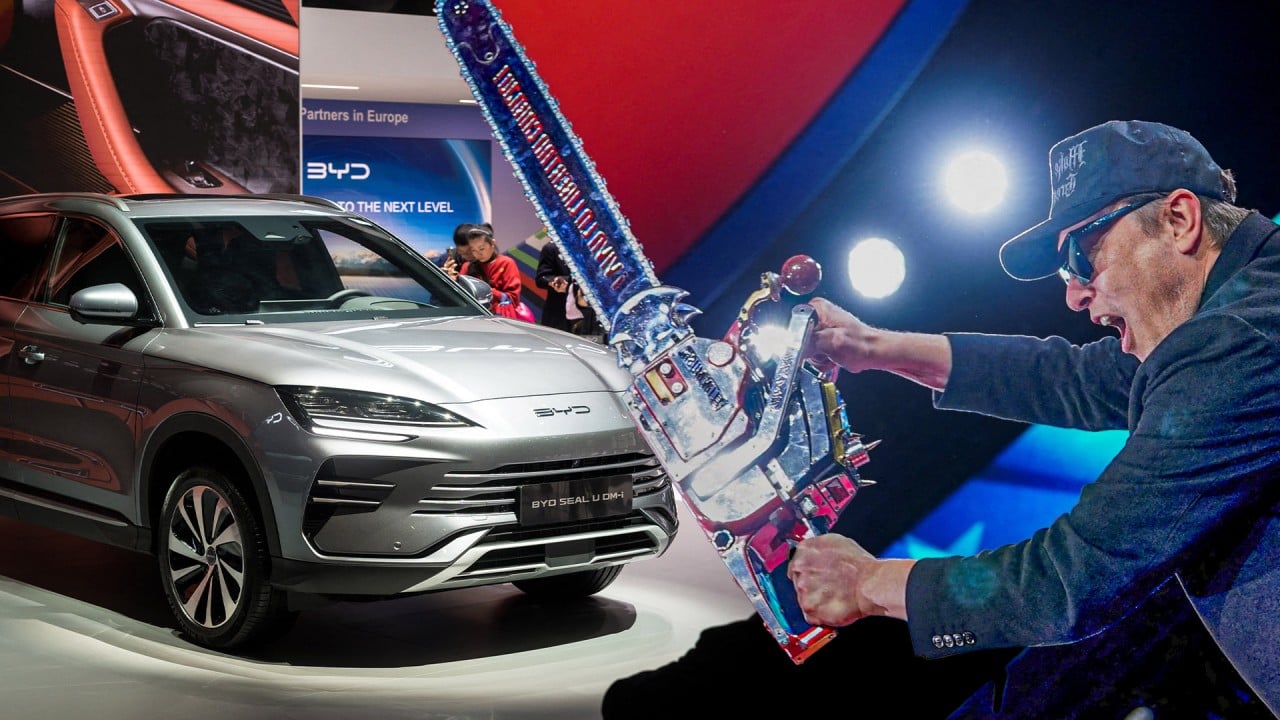As tariff pressures mount and the global order grows increasingly fragmented, China faces a pivotal challenge, not merely in how to navigate external shocks but how to strengthen itself from within.
Advertisement
US-China trade tensions have only accelerated a deeper transition already under way. For years, Chinese policymakers recognised the vulnerabilities of export-reliant growth – overexposed to global cycles, dependent on foreign demand and reactive to international policy shifts. With rising protectionism and slowing globalisation, China’s evolution towards a domestically driven consumption economy is no longer optional; it is existential.
Policy responses such as raising household incomes and expanding social safety nets address the economic foundations of this shift. But beyond economics lies a less visible, though equally critical, dimension: the emotional landscape of consumer behaviour. The next phase of China’s growth will depend not only on how much people can afford to spend, but how much they want to – and which brands they choose to align with.
Consumption in China is no longer just about practical needs. It has become an emotional and cultural act, reflecting identity, confidence and aspiration. Consumers are buying into stories, values and symbols. Every purchase becomes a form of self-expression, signalling who they are, what they believe in and how they imagine the country’s future.
This emotional undercurrent has intensified amid the rise of global protectionism and technological rivalry. Buying local has become a statement of resilience and national pride. Chinese consumers, especially the younger generation, increasingly view domestic brands as markers of cultural identity and creative ambition.
Advertisement
Market data underscores this trend. Preference for domestic brands has surged alongside geopolitical tensions, particularly in sectors like technology, fashion and consumer goods. This is not a reflex of shallow patriotism. Rather, it reflects a growing desire to celebrate Chinese innovation and creativity on the global stage, and participate in shaping a confident, modern national identity.


